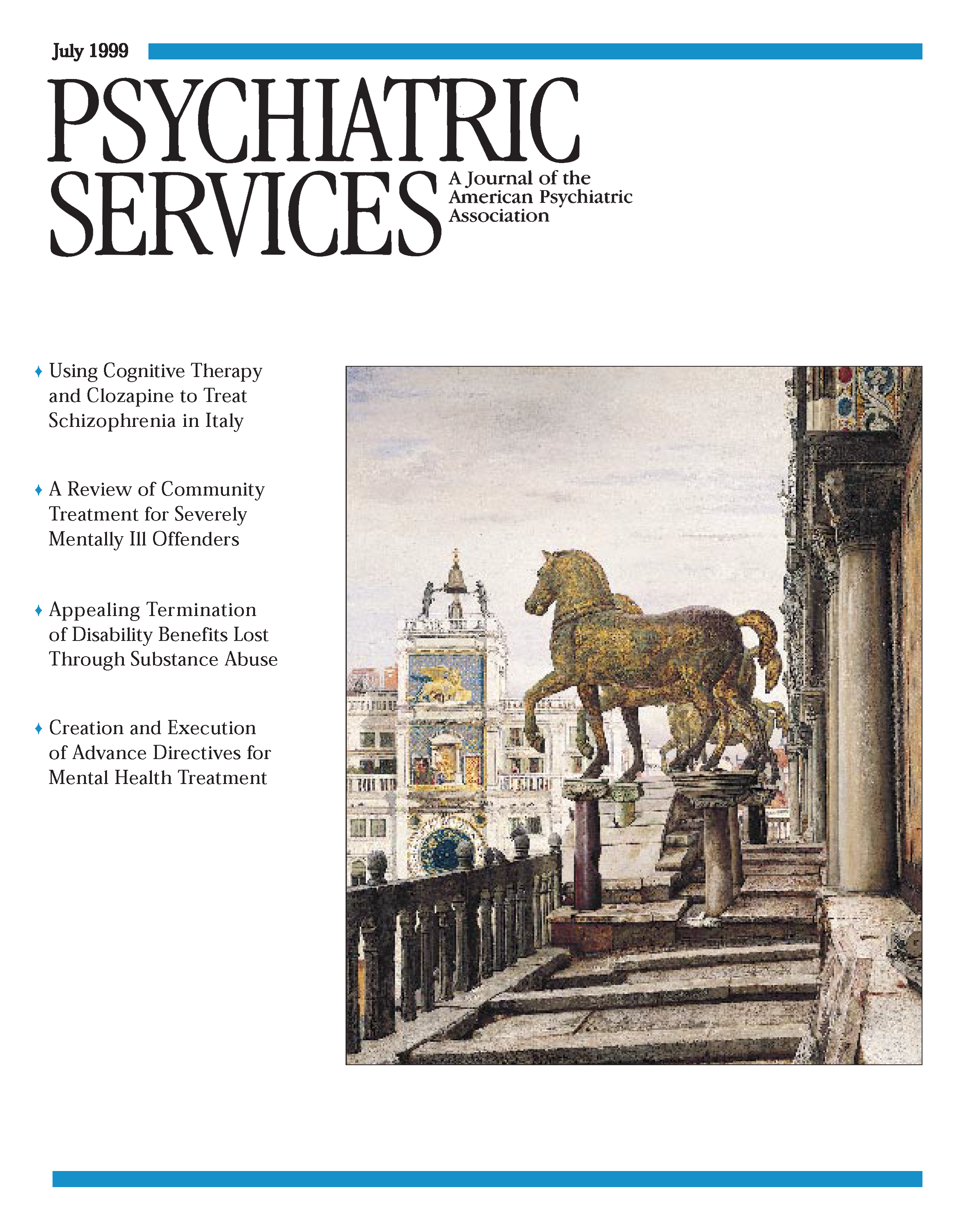Ethics in Psychiatric Research: A Resource Manual for Human Subjects Protection
This book is the capstone of a decade of evolutionary change in the ethics of psychiatric research. Highly publicized court cases, pending state legislation, and the efforts of the National Bioethics Advisory Commission are but a few of the factors that have come together heralding the need for this volume.
That the authors and editors have risen to the task so admirably will advance ethical practice in psychiatric research and the protection of psychiatric research subjects as we move into the early decades of the 21st century. Ethics in Psychiatric Research should be read cover to cover by every psychiatric research investigator, psychiatric research nurse, and institutional review board chairperson. It should be in the library of every clinician who cares for psychiatric patients who are in research studies.
Each and every chapter, written by leaders in their respective fields, is excellent. Each chapter takes a wide-angle lens to the myriad ethical issues accompanying any biomedical or behavioral research study involving persons with mental illness. From the book's first chapter by Wolpe, Moreno, and Caplan, presenting a well-distilled historical introduction to the subject matter, the careful editing results in a field-advancing volume written in plain, easy-to-read, nontechnical English.
The book lives up to its title as a resource manual by identifying and clarifying a thorough range of the thorny ethical issues that arise in the course of performing biomedical and behavioral research involving persons with psychiatric impairments. Lieberman and his colleagues do a fine job in chapter 2 of dividing and subdividing study design issues and exploring their ethical implications for various psychiatric study populations. In chapter 4, Berg and Appelbaum present useful cases for illuminating the ethical subtleties of assessing capacity to consent. McEvoy and Keefe, in chapter 6, use concrete comparative samples as additional guidance on how to inform subjects about study risks and benefits. The book ends with Shore and Steinberg's practical and lucid explanation in chapter 10 of many of the administrative details of the ethics review process.
Sunderland and Dukoff, in chapter 5, give a useful introduction to the complex ethical issues of using advance directives and surrogates in psychiatric research. Chapters 7 and 8 present solid overviews of the ethical issues specific to the research participation of psychiatrically ill children and adolescents and persons with substance abuse problems, respectively.
Several chapters go beyond identification of ethical issues to set ethically rigorous practice standards that are long overdue. For example, chapters 2, 3, 4, 9, and 10 address independent clinical oversight of research subjects under certain study conditions. Chapters 3 and 9 include focused discussions of involvement of family members, and in chapter 9 Hall and Flynn offer what could be termed preventive ethics strategies for involving family members. Both chapters include important statements about researchers' obligations at the time a subject's study participation ends.
Examples related to capacity-to-consent assessment in chapter 4 include comments on the inadequacy by themselves of standard neurological tests and the need for investigators to accept that some persons with severe psychiatric disease or dementia will be unable to provide their own consent, obligating investigators to address this problem with institutional review boards.
Excellence, however, does not mean perfection. Throughout the book there are assumptions that need to be challenged. For instance, chapter 8 explicitly, and several others chapters implicitly, starts with the view that good science is good ethics. Although the reverse, that bad science is bad ethics, is certainly true, defining the "good" in good science requires further scholarly and public debate. One of the basic tenets of "good" science is efficiency. But the ethical implications of efficiencies weighed against the potentials for pain and suffering of individual subjects and their families are not easily elucidated, and they are not explored in this book. Nor does the book address the fundamental ethical questions of "Is psychic pain similar to, the same as, or different from physical pain?" and "If psychic pain is different from physical pain, what might be the specific ethical implications for protocol performance and subject monitoring?"
But to say that there are still areas of ethical debate to fully emerge may be, also, a credit to this superior resource manual. Excellence in ethical analysis is a process that peels away layers of moral consensus, clarifies issues that are still controversial, and, in so doing, reveals moral concerns we have yet to vigorously grapple with. Ethics in Psychiatric Research does all three in exemplary fashion and will stand as the definitive work for many years to come.
Dr. DeRenzo is affiliated with the Center for Ethics of MedStar Health in Washington, D.C.



